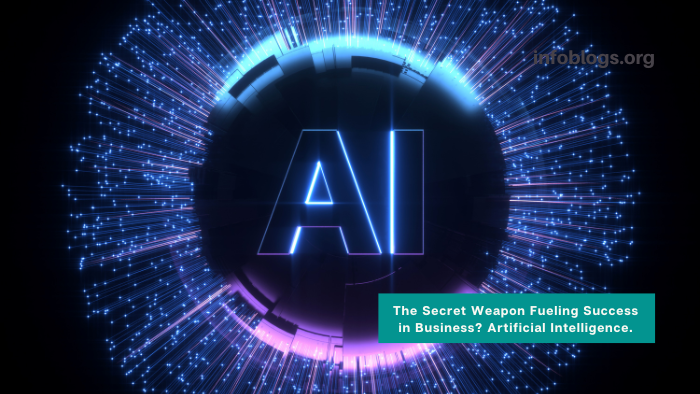The role of artificial intelligence in business has become increasingly significant in today's fast-paced technological era. AI has proven to be a game-changer across various industries, with its impact on business operations being particularly remarkable. Companies worldwide are embracing AI to enhance their processes, increase productivity, and gain a competitive advantage. By automating repetitive tasks and enabling data-driven decision-making, AI has become an essential tool for modern enterprises. This article will delve into the diverse role of AI in business operations and its potential to transform the functioning of companies.
Automation and Efficiency
Automation is a key function of artificial intelligence in business operations. By utilizing AI-powered tools and algorithms, businesses can delegate repetitive and time-consuming tasks to machines. This allows human resources to dedicate their time and energy to more strategic and creative aspects of the business. Whether it involves customer support, data entry, or supply chain management, AI is capable of efficiently handling these operations with accuracy and efficiency, minimizing the likelihood of mistakes and delays.
Data Analysis and Insights
Artificial intelligence plays a crucial role in managing and analyzing the massive volume of data that businesses generate daily. By detecting hidden patterns, trends, and correlations within this vast pool of information, AI algorithms provide valuable insights that human analysts may not easily perceive. This data-driven approach enables businesses to make informed decisions, identify opportunities, mitigate risks, and optimize their operations.
Personalization and Customer Experience
Artificial intelligence in business operations empowers companies to provide personalized experiences to their customers, a vital aspect in today's highly competitive environment. Through the utilization of AI, businesses can examine customer preferences, behavior, and purchase history to customize their offerings, services, and promotional strategies accordingly. This advanced level of personalization cultivates enhanced customer loyalty and elevates the chances of recurring transactions.
Predictive Analytics
Artificial intelligence excels in business operations, particularly in the realm of predictive analytics. By harnessing historical data and employing machine learning algorithms, businesses can anticipate future trends, demand, and customer behavior. This foresight empowers companies to take proactive measures and optimize resource planning, resulting in decreased wastage and improved overall efficiency.
Supply Chain Management
Artificial intelligence has transformed the field of supply chain management through its ability to enhance inventory management, predict demand, and streamline logistics. By examining past data, current market patterns, and external influences, AI can effectively optimize inventory quantities, prevent shortages, and decrease expenses associated with carrying inventory. Additionally, AI-driven supply chain systems possess the capability to promptly detect potential disruptions and recommend alternate routes or solutions to minimize any downtime.
Fraud Detection and Security
Artificial intelligence plays a crucial role in the domain of finance and internet transactions by effectively detecting fraudulent activities. Utilizing machine learning algorithms, AI can gain insights from previous incidents and recognize patterns that signal fraudulent behavior. This additional security layer enhances the protection of both businesses and customers involved in online transactions.
Human Resources and Talent Management
Artificial intelligence is revolutionizing human resources by reshaping talent acquisition, employee engagement, and performance management in companies. Utilizing AI-driven tools, organizations can efficiently evaluate candidates according to predetermined standards, assess employee satisfaction through feedback analysis, and pinpoint areas for personalized training programs by identifying skill gaps.
Conclusion
Artificial Intelligence plays a significant and ever-changing role in business operations. It enables businesses to operate more intelligently, speedily, and accurately, thanks to automation, efficiency improvements, data analysis, and predictive insights. As AI continues to advance, it will increasingly impact different facets of business operations, revolutionizing industries as a whole and opening up new opportunities. Embracing AI as a strategic partner is crucial for staying competitive and flourishing in the future's dynamic and data-driven business environment.


